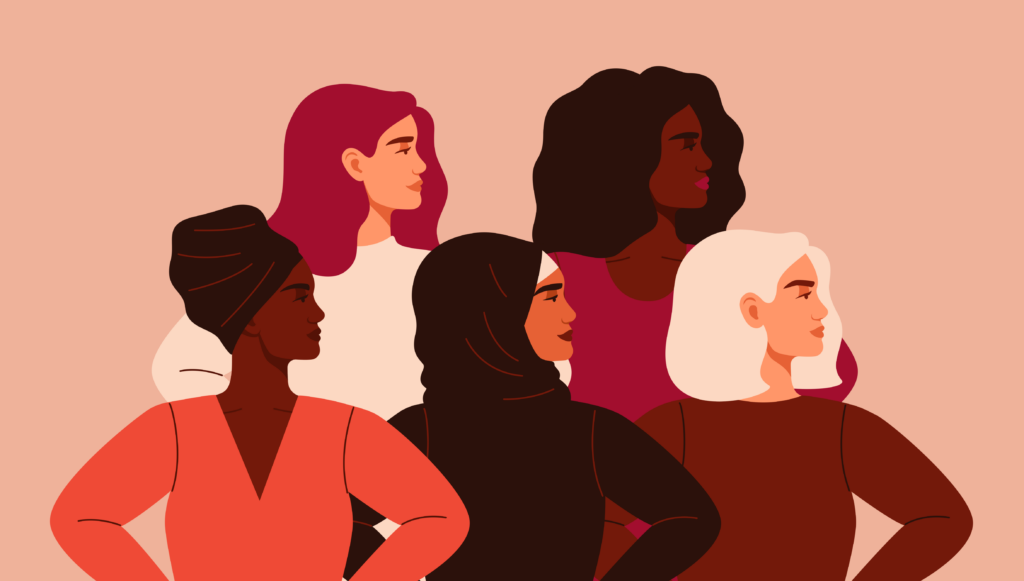
Photo courtesy of Shutterstock
Towards the middle of July, I opened my inbox to find an email from the American Civil Liberties Union (ACLU) saying I’d been accepted into their National Advocacy Institute High School Program for student activists. I felt a myriad of emotions then: surprise, excitement and an overwhelming feeling of gratitude. So far, 2020 has been a dumpster fire of human rights violations. Seeing all of these injustices has made me more determined to become a better advocate, and I knew the ACLU’s program would arm me with the skills I needed to make lasting change in my community.
Despite it taking place entirely online this year, the program had stellar lineups for every session. People like Jeffrey Robinson, Michelle Alexander and Edward Snowden headlined panels, with various ACLU staff members moderating. But it was the program’s first panel — the Rising Leaders panel — that made the biggest impression on me, though it consisted of people I’d heard little about. In the panel, youth leaders Thandiwe Abdullah, David Hogg, Gema Quetzal, Lizabeth Ramales Arango and Gavin Grimm joined ACLU staff members on Zoom to discuss activism and problems youth activists face. The youth activists mentioned the regular culprit – how adults don’t take us seriously, despite how we’ve spear-headed movements like March for Our Lives and Fridays for Futures. But then one of the panelists mentioned activist burnout and I felt a jolt of recognition.
[Read Related: Young Indian Activists Speak Truth to Power]
“[Activism is] traumatic,” Hogg, a March for Our Lives co-founder and board member, said. “You take losses personally…Hope is hard to come by in this line of work.”
The last line may seem oxymoronic: In order to engage in activism, you have to hope for a better future and believe that it’s possible. But as Hogg said, we take losses personally. And this year, there have been so many losses that it’s hard not to take them to heart. Though the officers charged with George Floyd’s death were finally arrested, Breonna Taylor’s murderers — Brett Hankison, Jonathan Mattingly, and Myles Cosgrove — have not yet been put behind bars. Jacob Blake was shot seven times in the back, in front of his children, and handcuffed in his hospital bed. And Kyle Rittenhouse, a white teenager armed with an assault rifle, murdered two protestors and seriously injured a third, and some people are praising him.
When you see headlines like these, demoralized is the very least you feel. You also feel angry, sad, disappointed. Sometimes you even feel scared. And you start to wonder whether anything you do will make a difference in the long run. White supremacy and discrimination against marginalized groups are baked into the foundations of this country and its government. Dismantling these ingrained systems of oppression can feel improbable on the best of days, and a pipe dream on bad ones.
But during the panel, I happened to look at the chatbox and what I saw made me smile. This year, over 1500 students from all over the U.S., ranging from Alaska to Hawaii to Florida to Texas, registered for the ACLU National Advocacy Institute and they were incredibly enthusiastic as the panelists talked.
[Read Related: The Five Stages of Social Media Activism]
For every point the panelists made about racism, activism, immigration, etc., encouraging, supportive comments would flood the chat section. Students would even elaborate on points the presenters made. And they didn’t stop with the first panel, they did this all week, for every panel and every presenter, remaining engaged and getting angry about the injustices that were described.
They were as engaged as I was, I realized. These students, just like me, were attending this ACLU program so they could learn how to affect change in their communities. They were attending the program so they could learn how to help people.
Change doesn’t happen overnight. It takes hard work. It takes countless voices. But most importantly, it takes continued support. We’re in the middle of a movement right now, and we cannot let it die out. We need to sustain it, maintain our momentum. We need to keep showing up, day after day, week after week, year after year. To make a difference in the long run, we need to be in it for the long run. And after spending a week with other youth activists, passionate students who’ll one day be our future front-line leaders, who will carry this movement forwards long into the future — I’m not just hopeful we can make a difference. I’m convinced we can.
The opinions expressed by the writer of this piece, and those providing comments thereon (collectively, the “Writers”), are theirs alone and do not necessarily reflect the opinions of Brown Girl Magazine, Inc., or any of its employees, directors, officers, affiliates, or assigns (collectively, “BGM”). BGM is not responsible for the accuracy of any of the information supplied by the Writers. It is not the intention of Brown Girl Magazine to malign any religion, ethnic group, club, organization, company, or individual. If you have a complaint about this content, please email us at Staff@browngirlmagazine.com. This post is subject to our Terms of Use and Privacy Policy. If you’d like to submit a guest post, please follow the guidelines we’ve set forth here.




